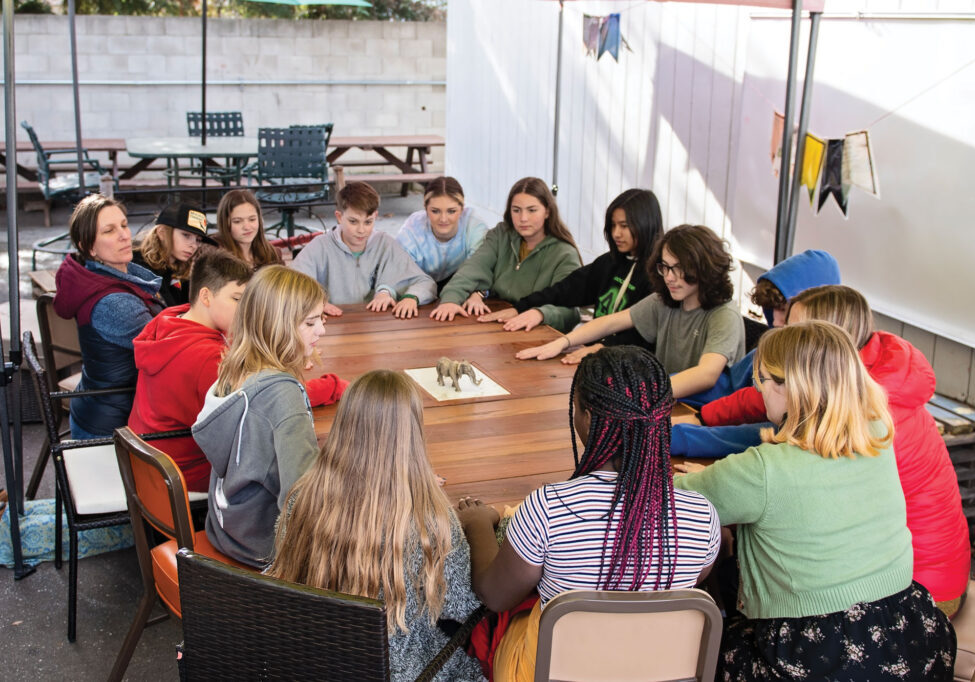Like it or not, social media is an important part of our children’s lives. By the time they are teenagers, 95% of kids have used it and 45% admit to checking in “almost constantly.” Almost half have been victims of online bullying.
It’s no wonder that parents have understandable concerns about social media. It has become critical for them to model healthy social media consumption, from time spent to how it is used and how it must not be used. Children spend increasing amounts of time in a virtual world that can be unkind. They can define their worth by the perceived acceptance or rejection of their peers. Increasingly, those judgments are digital. Because it’s easy to “like” or mock someone with the touch of a button, kids face daunting amounts of painful scrutiny.
Unfortunately, it’s nearly impossible to shield kids from this new reality. Schools, organizations, friends and loved ones are all on social media. Colleges and workplaces expect technological savvy. “Kids must learn to navigate the digital world safely and productively or risk being left behind,” says Yalda Uhlrs, author of Media Moms and Digital Dads.
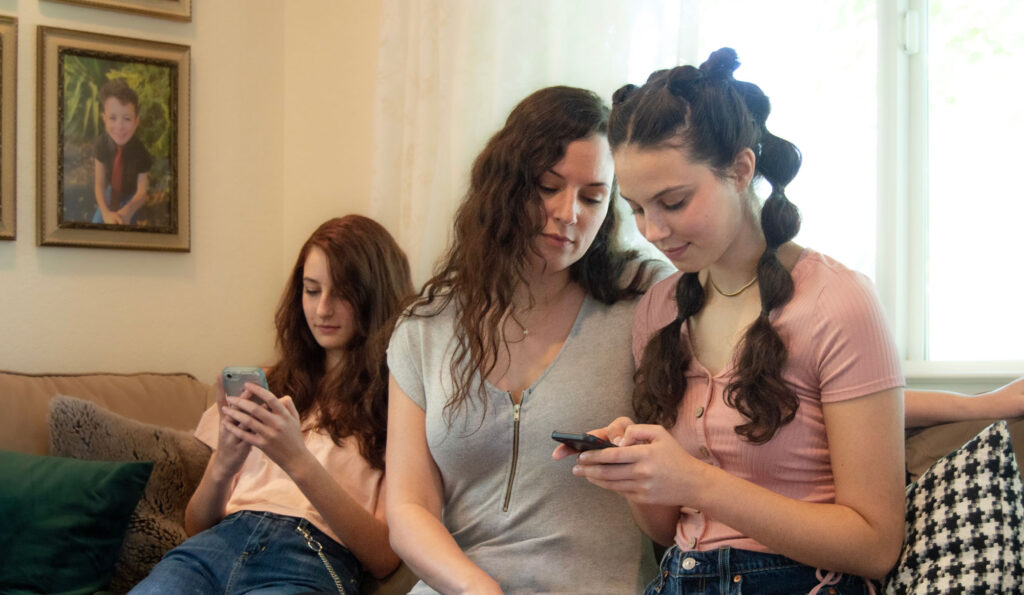
Link between teen social media usage and depression, low self esteem
While there are admittedly legitimate reasons to use social media, experts warn of potential dangers. A recent study out of the United Kingdom examined the data of 10,000 teens. It found a significant correlation between heavy social media usage and depression. Researchers cited sleep disturbances, digital harassment, lowered self-esteem and poor body image as possible contributing factors. These findings are not surprising, considering social media’s addictive and unrealistic nature. Unattainable beauty standards and fictional lifestyles are causes for concern, especially for girls who were found to have higher rates of depression than boys.
There have been many calls for governments and social media outlets to regulate hours of social media use more tightly for young people. But change has been slow or stalled. Until such time as tighter regulations are in place, here are tips to help protect your kids and stay vigilant about everyone’s access to social media in your household.
Monitor and limit social media usage
Some legislation and directives already exist. The Children’s Online Privacy Protection Act prohibits collecting information from users under 13. So, most apps require age acknowledgment. The American Academy of Pediatrics recommends that parents monitor and limit kids’ social media usage. There’s no need to feel out of line for wanting to keep your children safe.
Parental controls, fair rules
Despite concerns, many parents take a passive approach to social media. Some don’t use parental controls or discuss what is appropriate. But experts insist that kids do not have the self-awareness or the discipline to know what is healthy and safe. That’s why experts encourage parents to enforce well-defined rules. Consider requiring young children to seek permission to download apps and then provide passwords. Unfortunately, this strategy may not work for teens, who can sneak around the rules. Rather than allow deception to erode trust, many specialists recommend a compromise. Jonathan McKee, author of The Teen’s Guide to Social Media and Mobile Devices: 21 Tips to Wise Posting in an Insecure World, suggests “an environment of fair rules, open communication and no secrets.”
Teach the importance of privacy
Make sure that young children have private accounts. Grant access only to friends and family. Teach older kids to be highly selective with interaction. Navigating an online presence is difficult enough without criticism and bullying from strangers or unkind acquaintances.
Avoid addiction through reasonable usage
Social media is sneaky. Kids who don’t want to miss anything can quickly become addicted. Since they’re juggling screen time with everyday obligations, watch for signs of sleep deprivation. Try a timer or an app that shows concrete proof of excessive use and require a shut down once limits are reached. Although they may resist, many kids find relief in the freedom of reasonable usage.
There is no such thing as a permanent deletion
Children can feel pressured to post mature, revealing or inappropriate content. Urge them not to compromise what they know is right. Stress that oversharing can portray insecurity rather than confidence. There is no such thing as a permanent deletion. Even if they remove a post or photo, screenshots or caching means it still exists somewhere.
Limit negative content
Whether kids are senders or receivers of negative messages, they still hurt. Remind kids to think before they post or react. Encourage them to use an apps’ tools to delete hurtful comments and then to block those who leave them. It’s important to limit the repetitive negative exposure that causes depression or low self-esteem.
Power down electronics overnight
Many kids get lured into checking their texts or social media into the wee hours. This can affect well-being, performance and health. Require that powered-down electronics remain in the kitchen so that everyone can get a good night’s sleep.
Technology-free family time
One can’t over-use social media while taking part in sports, music or volunteering. And kids deeply connected to their parents are less likely to seek validation online. Watch for old-school opportunities to build a powerful connection. Bond over activities like cooking, fishing or crafts where electronics don’t mix. Have strict rules that family time is technology-free.
Apps to Help Keep Kids Safe
There are now many apps on both Google and iTunes designed to help parents monitor and control the social media their children consume. Here are two good apps, but search Google’s Play store and iTunes for many more:
Bark: This app offers parental monitoring of texts, browsing and social media platforms. Parents receive alerts if the app’s algorithms detect signs of profanity, sexting, cyberbullying, depression, violence, self-harm or suicidal thoughts.
Binky: This app gives one the thrill of social media without the stress. You scroll “binks” which are feeds with random photos and information. Users can comment, share or “like” them. However, the app is private, and there’s no record of any interaction. Binks cover a wide variety of topics. You might see llamas, tennis shoes or Amelia Earhart. Content is always positive and appropriate.
Comment Policy: All viewpoints are welcome, but comments should remain relevant. Personal attacks, profanity, and aggressive behavior are not allowed. No spam, advertising, or promoting of products/services. Please, only use your real name and limit the amount of links submitted in your comment.
You Might Also Like...
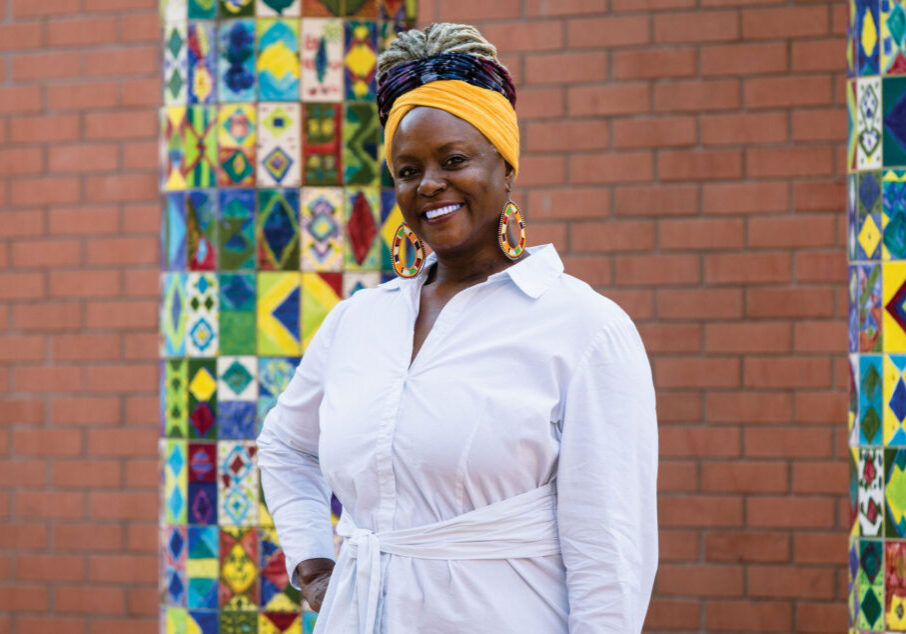
Anecia Johnson – Sharing the Intellectual and Natural Wealth, Brilliance and Triumphs of Indigenous Black American and African Diaspora History
Anecia Johnson, Community Educator and Founder of Amma Culture – Education, Sciences & Arts, has a mission and a passion. “I’m living my divine purpose,” says Anecia. “We at Amma Culture […]
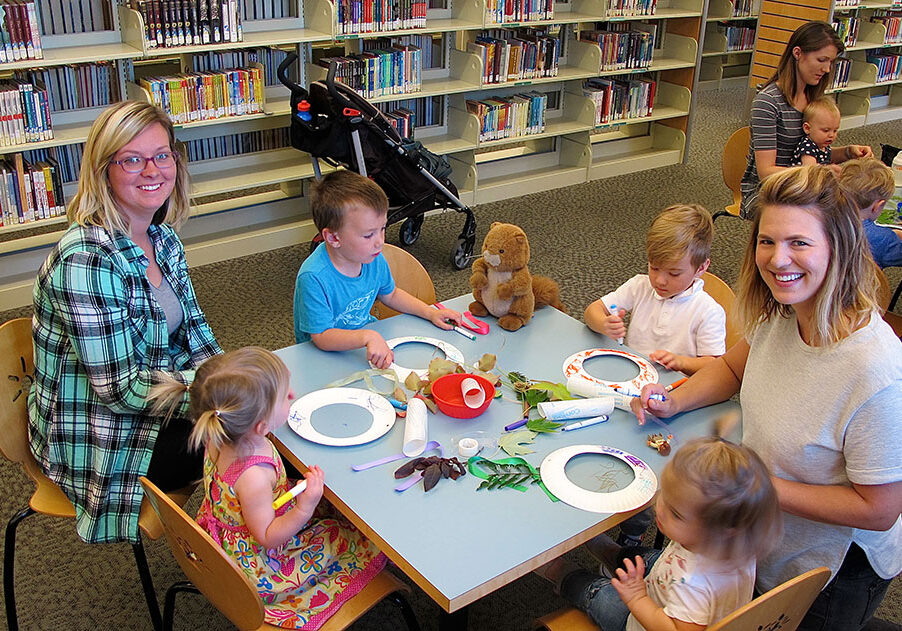
Your Local Library is a Hub of Activity
If a library isn’t your idea of the “happening place” in town, it’s time to walk back through the doors of your local branch. Gayle Harrington, Cottonwood’s director of library […]

Understanding Dyslexia
Sitting with a small group of second graders, listening as each took a turn reading aloud, it struck me how reading came so easily for some and with such difficulty […]
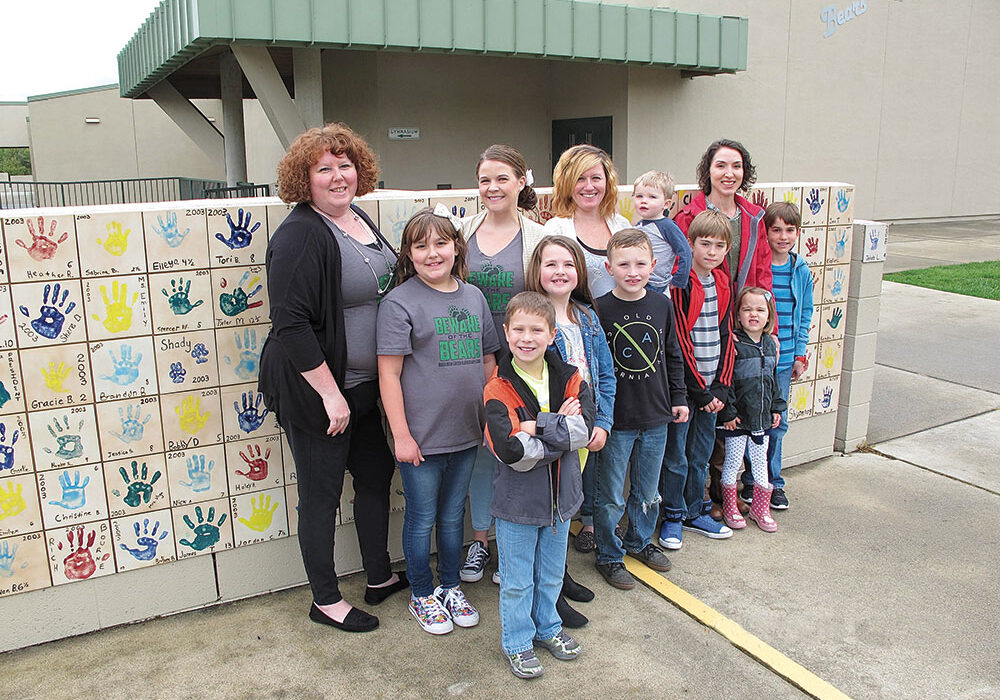
Parent Clubs: The importance of Parent Involvement in Schools
When people think of public school parent clubs, they often picture a group of parents getting together to plan how to fundraise for school supplies, trips and other expenses. However, […]



